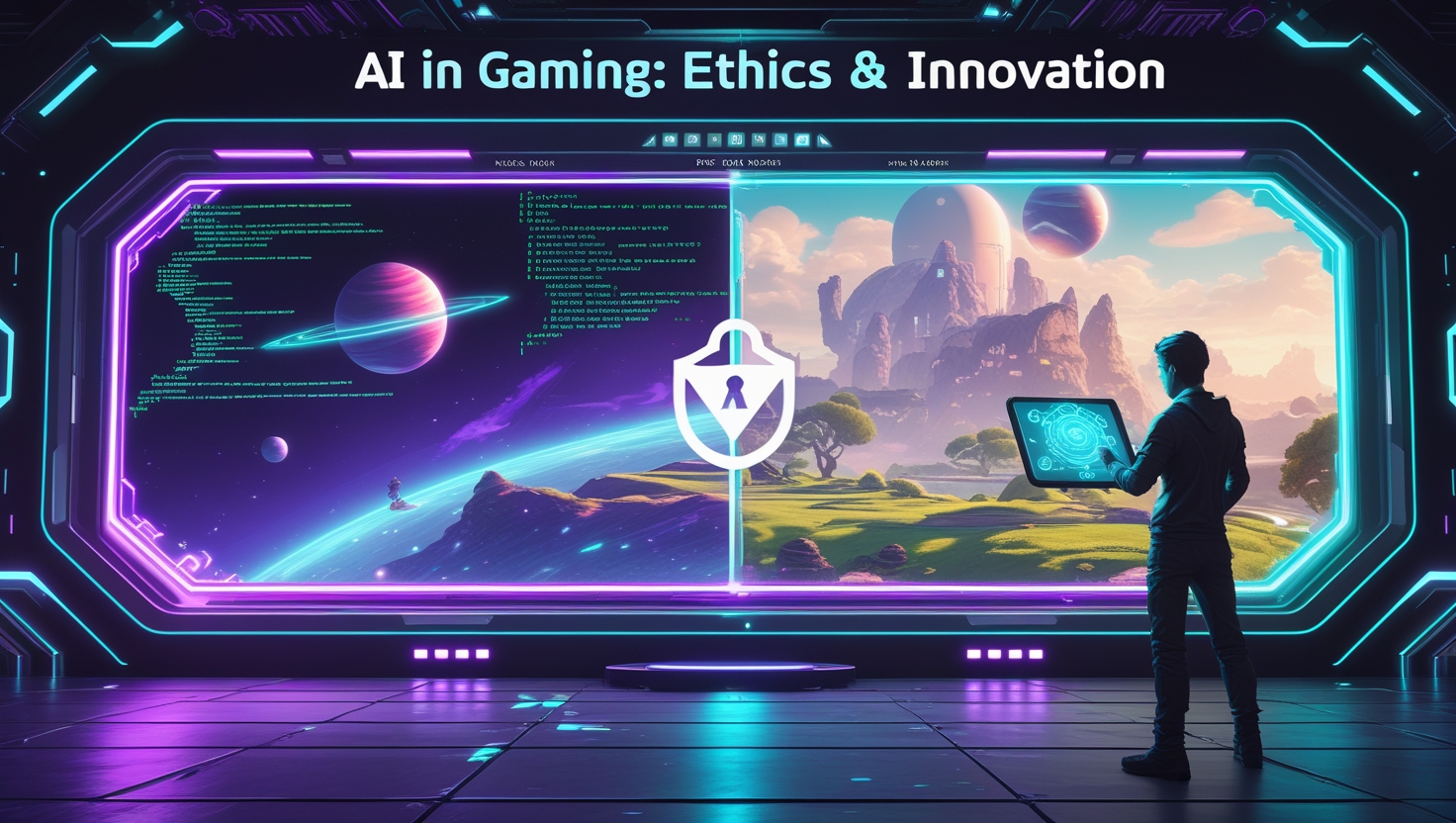
1. Effective Communication
Communication is the cornerstone of professional success. The ability to articulate ideas clearly, listen actively, and adapt your message to different audiences is essential in every industry. Whether you’re presenting to a client, collaborating with a team, or negotiating a deal, strong communication skills build trust and foster productive relationships.
Why It Matters
- Facilitates collaboration: Clear communication ensures teams align on goals and execute tasks efficiently.
- Enhances leadership: Leaders who communicate effectively inspire and motivate their teams.
- Resolves conflicts: Good communicators navigate disagreements with empathy and clarity.
How to Develop It
- Practice active listening: Focus on understanding others’ perspectives without interrupting.
- Hone your writing skills: Write concise emails, reports, or proposals to improve clarity.
- Seek feedback: Ask colleagues or mentors for input on your communication style.
- Take public speaking courses: Platforms like Toastmasters or online courses can boost confidence in presenting ideas.
2. Adaptability and Resilience
The ability to embrace change and recover from setbacks is critical in a world where job roles, technologies, and industries constantly evolve. Adaptable professionals view challenges as opportunities to learn, while resilient ones maintain a positive outlook even in tough times.
Why It Matters
- Navigates uncertainty: Adaptable workers thrive in dynamic environments, such as startups or rapidly changing industries.
- Builds long-term success: Resilience helps you persevere through career obstacles, like layoffs or rejections.
- Encourages innovation: Flexible mindsets lead to creative problem-solving and new ideas.
How to Develop It
- Embrace lifelong learning: Stay curious and open to acquiring new skills or knowledge.
- Reframe challenges: View setbacks as learning experiences rather than failures.
- Step out of your comfort zone: Take on new projects or roles to build confidence in handling change.
- Practice stress management: Techniques like mindfulness or journaling can strengthen emotional resilience.
3. Critical Thinking and Problem-Solving
Employers value individuals who can analyze situations, identify solutions, and make informed decisions. Critical thinking involves questioning assumptions, evaluating evidence, and approaching problems systematically, making it a skill that transcends job functions.
Why It Matters
- Drives efficiency: Problem-solvers streamline processes and address issues before they escalate.
- Supports innovation: Critical thinkers identify creative solutions to complex challenges.
- Builds credibility: Decision-makers who think critically earn trust from colleagues and leaders.
How to Develop It
- Ask probing questions: Challenge assumptions by asking “why” or “how” to deepen understanding.
- Analyze case studies: Study real-world business problems to practice strategic thinking.
- Play strategy games: Activities like chess or logic puzzles sharpen analytical skills.
- Collaborate with diverse teams: Exposure to different perspectives enhances your ability to evaluate ideas.
4. Collaboration and Teamwork
No matter the industry, most jobs require working with others to achieve shared goals. Effective collaboration involves respecting diverse perspectives, contributing to group efforts, and fostering a positive team environment.
Why It Matters
- Boosts productivity: Strong teams accomplish more than individuals working in isolation.
- Encourages inclusivity: Collaborative workers create environments where everyone feels valued.
- Enhances workplace culture: Team players contribute to morale and job satisfaction.
How to Develop It
- Practice empathy: Understand and respect your colleagues’ viewpoints and needs.
- Clarify roles: Ensure everyone understands their responsibilities to avoid conflicts.
- Volunteer for team projects: Gain experience working with others in professional settings.
- Learn conflict resolution: Develop skills to mediate disagreements and maintain harmony.
5. Time Management and Organization
The ability to prioritize tasks, meet deadlines, and stay organized is a skill that never loses its relevance. Effective time management ensures you deliver high-quality work without succumbing to stress or burnout.
Why It Matters
- Increases efficiency: Organized professionals complete tasks faster and with fewer errors.
- Reduces stress: Proper planning prevents last-minute scrambles and missed deadlines.
- Impresses employers: Reliable workers who manage their time well stand out in any role.
How to Develop It
- Use productivity tools: Apps like Trello, Notion, or Google Calendar can streamline your workflow.
- Prioritize tasks: Use frameworks like the Eisenhower Matrix to focus on what matters most.
- Break tasks into steps: Divide large projects into manageable chunks to avoid overwhelm.
- Review and reflect: At the end of each week, assess what worked and adjust your approach.
6. Emotional Intelligence (EQ)
Emotional intelligence—the ability to understand and manage your emotions while empathizing with others—is increasingly valued in the workplace. High EQ fosters strong relationships, effective leadership, and a positive work environment.
Why It Matters
- Strengthens relationships: Emotionally intelligent professionals build trust and rapport.
- Enhances leadership: EQ helps leaders motivate and support their teams effectively.
- Improves decision-making: Awareness of emotions prevents impulsive or biased choices.
How to Develop It
- Practice self-awareness: Reflect on your emotions and triggers to better manage reactions.
- Develop empathy: Listen to others’ experiences and validate their feelings.
- Seek feedback: Ask for input on how your behavior impacts colleagues.
- Read about EQ: Books like Emotional Intelligence by Daniel Goleman offer valuable insights.
7. Lifelong Learning and Curiosity
In a world where knowledge evolves rapidly, a commitment to continuous learning keeps you relevant. Curious professionals who seek out new skills, trends, and perspectives are better equipped to adapt to any job market.
Why It Matters
- Keeps you competitive: Staying updated ensures you’re never left behind by industry changes.
- Fuels innovation: Curiosity drives exploration and creative problem-solving.
- Expands opportunities: A broad knowledge base opens doors to diverse roles.
How to Develop It
- Take online courses: Platforms like Coursera, Udemy, or LinkedIn Learning offer flexible learning options.
- Read widely: Explore books, articles, and blogs related to your field and beyond.
- Attend workshops or webinars: Stay updated on industry trends and best practices.
- Network with experts: Learn from mentors or peers who inspire growth.
Conclusion
The job market may change, but the skills that define professional success remain constant. By cultivating effective communication, adaptability, critical thinking, collaboration, time management, emotional intelligence, and a commitment to lifelong learning, you can thrive in any career environment. These skills not only make you a valuable employee but also empower you to navigate challenges, seize opportunities, and build a fulfilling career. Start small by focusing on one or two skills, and over time, you’ll develop a versatile toolkit that ensures long-term success in any job market.
Take the first step today: identify one skill from this list to improve and create a plan to practice it consistently. Your future self will thank you.
- Cybersecurity for Developers: What You Need to Know in 2025 and Beyond
- Market Strategies for 2025: Navigating the Digital Landscape
- Satoshi’s Vision at 100: Will Bitcoin Remain Trustless by 2129?
- From Small Starts to Billionaires: Entrepreneurs Who Built Empires
- 🚀 We see the Bitcoin industry growing from $2 trillion to $200 trillion in the next 21 years.



































